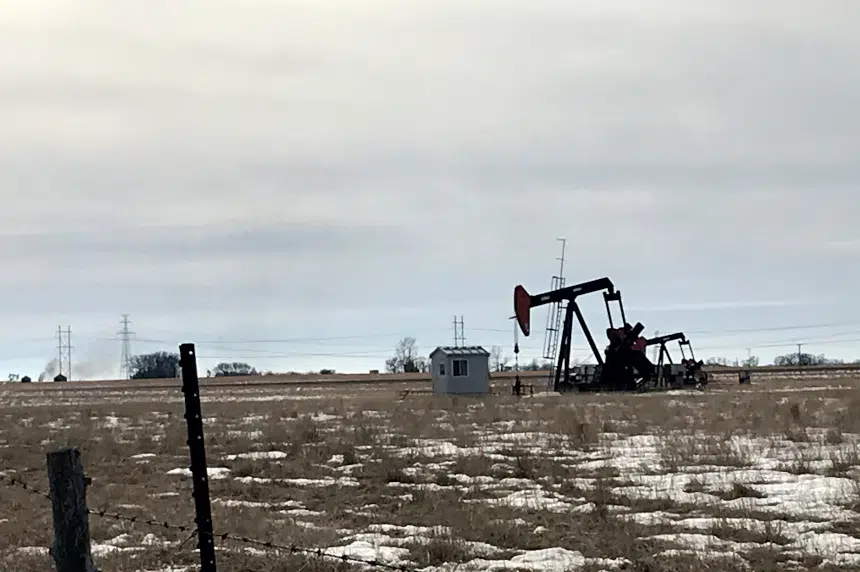Oil prices took an unprecedented hit this week, dropping into negative values due to oversupply and a massive drop in global demand, according to the Canadian Association of Petroleum Producers (CAPP).
Brad Herald, the vice-president of Western Canadian operations for CAPP, said while world leaders took necessary steps to stop the spread of COVID-19, the demand for oil has fallen rapidly due to cutbacks in industrial consumption, global air travel and transportation.
Herald explained global demand for oil was about 100 million barrels per day three months ago and supply was roughly equal to that with storage facilities acting as the elastic to cushion the effects of slight drops in supply or demand.
“What’s happened in this drop is somewhere between 20 (million) and 30 million barrels per day of that global demand is gone and so storage is the elastic but it can’t handle that kind of volume for very long,” Herald said.
The only option to balance the market is for oil companies to cut production because there’s nowhere left to store the product while waiting for demand to catch up with the supply. Herald said that accounts for the dramatic drop in oil prices over the past 24 hours.
“What has to happen is a combination of demand recovery, more consumption and supply curtailment and at least in the next number of weeks and maybe months we don’t see that demand recovery,” Herald said.
According to a statement from CAPP on Monday, capital investment by oil companies has been cut by $7 billion while production has already been cut by 400,000 barrels of oil per day.
Herald said normally, commodity companies would have a way to predict changes in the supply and demand of resources and would slowly scale back production activity and capital spending for drilling.
Due to the speed of what he describes as “demand destruction,” Herald said the energy sector will be taking hits on both the drilling and production side.
“You’re not going to increase supply — thus drilling — into a market that is long on supply, so that’s your new activity piece,” Herald said. “But you’ll also have to take existing production out of the market very rapidly in the millions of barrels continentally for us here.”
Herald said people in the Saskatchewan oilpatch can expect to see more shutdowns of active oil wells as companies try to wait until the demand can balance out supply levels again. He pointed out these cuts to oil production will be happening all across North America and around the world.











